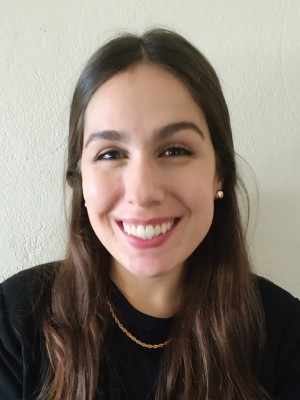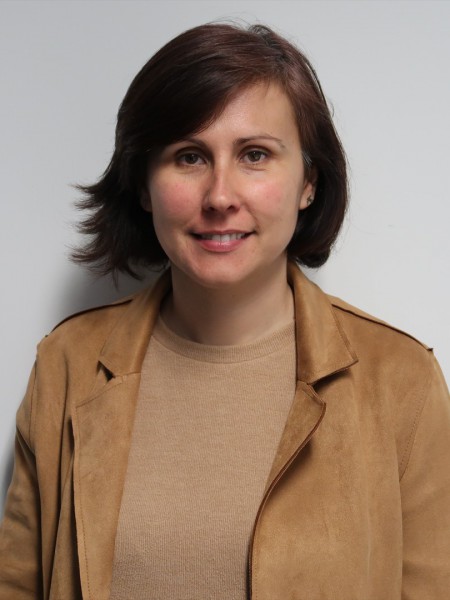resumo
Marine fish industries discard huge amounts of fish waste every year, which in turn impose problems of environmental pollution and loss of economic value. About 75% of the total weight of fish is discarded in the form of skins, bones, fins, heads, guts, and scales, which contain high levels of collagen type I. Generally, major sources for commercial collagens are the skin and bone of pigs and cows; however, these sources are chiefly associated with the risk of transference of zoonotic diseases or religious issues. Traditional protocols applied to the extraction of collagen are outdated, mainly with respect to present demands to develop more sustainable processes. This work explores the use of sustainable solvents, such as deep eutectic solvents (DES), to develop a more efficient, cost-effective and biocompatible process to extract collagen from waste from the fish industry waste. The extraction of collagen from the skin of Atlantic cod (Gadus morhua) using aqueous solutions of various eutectic solvents was studied, and after selection of the best solvent, an aqueous solution of urea (U) and lactic acid (LA) at a molar ratio of 1 : 2 (U : LA 1 : 2), the collagen extracted was properly characterized using SDS-PAGE, CD, FTIR, and XRD, and shown to be of type I. The results obtained here demonstrate an improvement in the yield and quality of the extracted collagen when eutectic mixtures were applied instead of acetic acid. After optimization of the process conditions, a maximum extraction yield of 6% was obtained for the aqueous solution of U : LA 1 : 2 at 0.75 M. The present work demonstrates the potential use of codfish skin waste and an aqueous solution of a DES to develop a more environmentally-friendly process to obtain high-quality collagen type I. It is an effort to convince industries to valorize their own residues under the guidelines of a circular economy.
palavras-chave
CHOLINE CHLORIDE; WASTE MATERIAL; SKIN; BONE; SEA; CHALLENGES; SCALE; WATER; ACIDS
categoria
Chemistry, Multidisciplinary; Green & Sustainable Science & Technology
autores
Bisht, M; Martins, M; Dias, ACRV; Ventura, SPM; Coutinho, JAP
nossos autores
Projectos
CICECO - Aveiro Institute of Materials (UIDB/50011/2020)
CICECO - Aveiro Institute of Materials (UIDP/50011/2020)
Collaboratory for Emerging Technologies, CoLab (EMERGING TECHNOLOGIES)
agradecimentos
This work was developed within the scope of the projects CICECO-Aveiro Institute of Materials, UIDB/50011/2020 & UIDP/50011/2020, and CESAM, UIDB/50017/2020 & UIDP/50017/2020, financed by national funds through the Portuguese Foundation for Science and Technology/MCTES. The authors also thank for the BPD funded project under PAC: Multipurpose strategies for the recovery of a wide range of agro-forestry and fisheries by-products: a step in the creation of an integrated biorefinery POCI-01-145-FEDER-016403 - SAICTPAC/0040/2015. M. Martins thanks FCT for the doctoral grant (SFRH/BD/122220/2016). A. Dias thanks FCT for her contract CEECIND/02174/2017.





